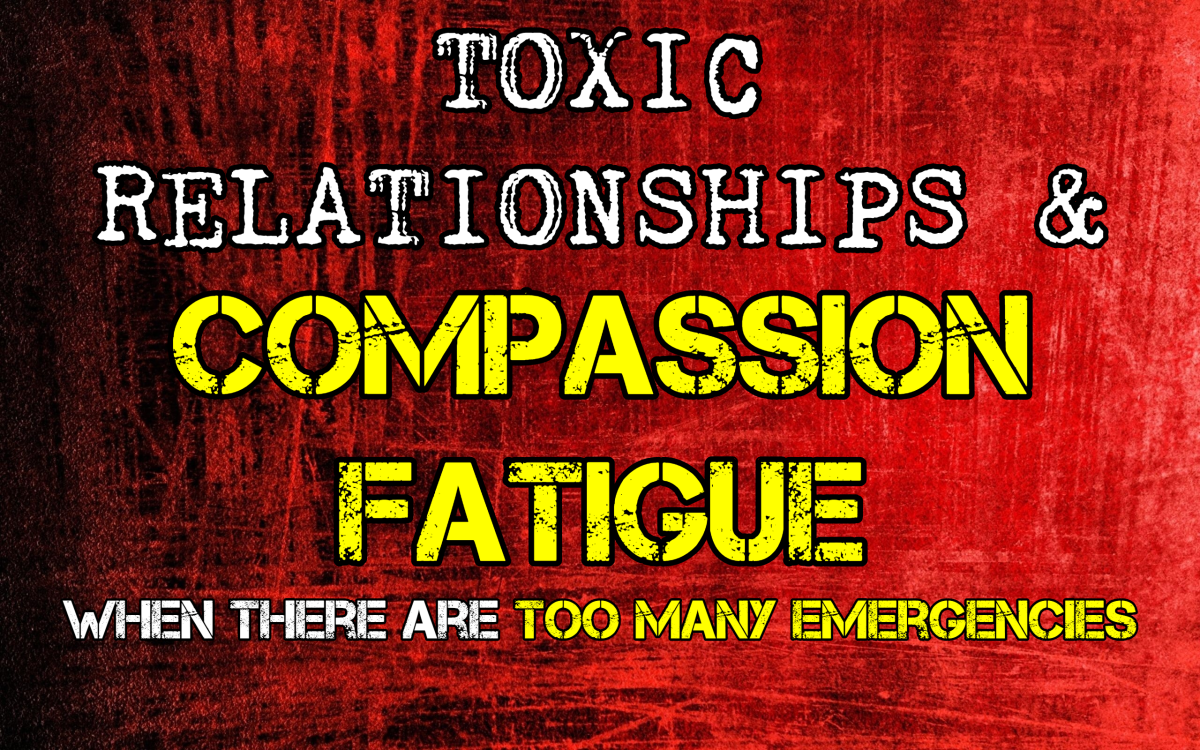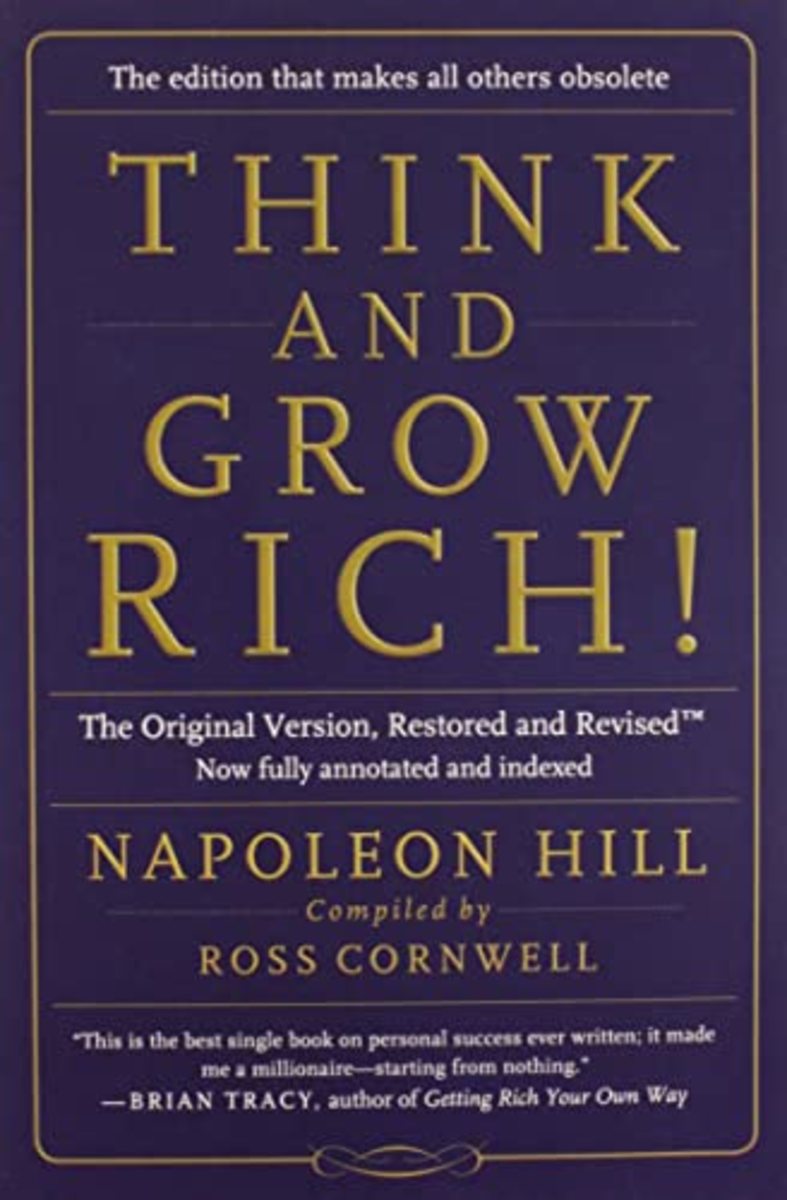Thoughts on Sociological Altruism and Baggini's "What's It All About?"

In his book, What’s it all about?, Baggini engages in the concept of altruism. He contends that altruism is not the meaning or purpose of life, but that it is certainly a path that can lead to self-fulfillment in life. Auguste Comte originated the term “altruism” in 1851. Since then the term has been utilized by Christians, Buddhists, psychologists, sociologists, and neurologists.
Catholicism teaches that altruism may be seen as a virtue, and personal desires should be subordinate to benevolent acts. Christ said “Love they neighbor as thyself”. However, this does not mean that an individual must love others more than themselves. People should never aid others when it leaves them enveloped in a guilt complex. Self-sacrifice should be applied only when morally appropriate.
His Holiness the Dalai Lama asserts that altruism is a necessary part of human happiness. He maintains that true altruism is the result of love and compassion which are at the core of Buddhist teachings. The Dalai Lama believes so strongly in this that he has donated $150,000 to the Stanford School of Medicine. Stanford is using these funds to create a Center for Compassion and Altruism Research and Education. This center has already collected data that shows that certain areas of the brain are associated with compassionate thoughts and empathy. It will also research whether or not people can be taught compassion and why some people lack it. The Stanford Center is searching for a neurological basis for compassion.
Empathy is the basis for learning compassion and altruism. From a psychological and sociological perspective, Erik H. Erikson developed a psychosocial theory which described a person’s development as being set up in stages where people learn skills, become members of society, and develop their own personal identity. Erikson contended that empathy is an important factor in altruistic behavior that begins to develop in early childhood. However, some children do not respond to their own feelings of empathy with altruistic behavior. Parental influence can help children develop empathy. When parents behave empathically they are modeling the behavior for their children. Apparently, if children do not develop altruism on their own parents can teach it to them.
On a neurological level humans are designed to experience empathy. In 1996, mirror neurons were discovered within the brain of a scientific test monkey. While probing the monkey’s brain, neuroscientists discovered an interesting arrangement of cells. These brain cells, mirror neurons, fired whenever the monkey performed a task, as well as when it merely viewed someone else performing the task. These cells were later found within human brains as well. The firing of these mirror neurons shows that perception and production of movements are associated with the same brain areas. These mirror neurons offer an effective means for comprehending other people’s behaviors, as well as a potentially neurological origin for empathy.
Altruism and caring for others may not provide the meaning of life. However, these concepts appear to be inherent within humanity. Compassion and altruism may not be the purpose of life, but they can give life purpose. This purpose does not simply stem from a need for survival or self-fulfillment. It is based upon a sincere love of others, not just the saying that we are our brother’s keeper. True altruism is meaningful because it is selfless.
References
14th Dalai Lama, (n.d.). The Medicine of Altruism. Retrieved March 4, 2009 from http://www.dalailama.com/page.65.htm
Berk, L.E., (2008). Infants, Children, and Adolescents. New York: Pearson Education Inc.
Brosnahan, Timothy. "Altruism." The Catholic Encyclopedia. Vol. 1. New York: Robert Appleton Company, 1907. 5 Mar. 2009 <http://www.newadvent.org/cathen/01369a.htm>.
Than, K. (2005). Scientists Say Everyone Can Read Minds. Retrieved November 20, 2008 from http://www.livescience.com/health/050427_mind_readers.html









